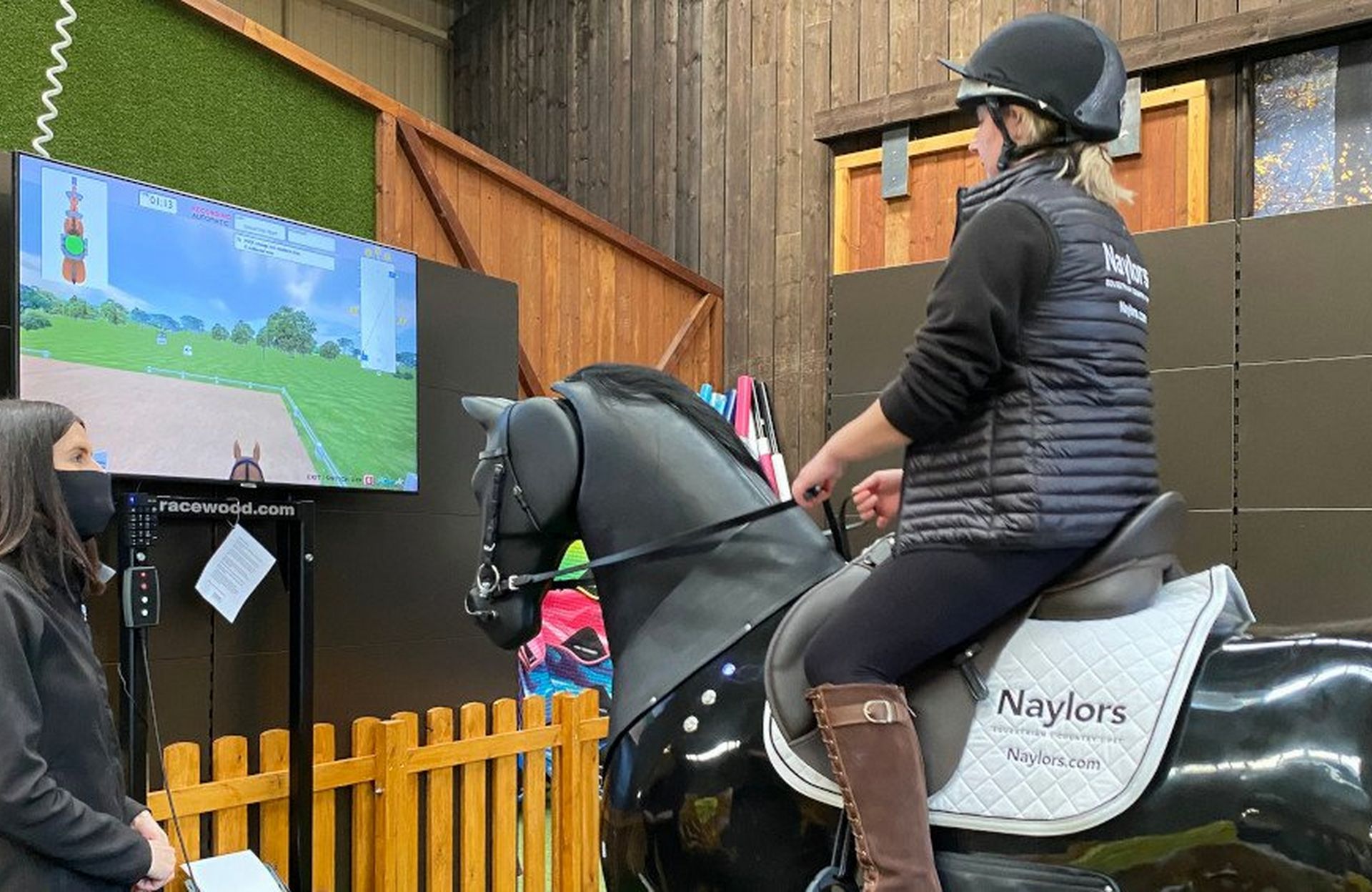Horse riding in video games has long been a popular feature that adds a sense of realism and adventure to virtual worlds. Whether galloping across vast landscapes or engaging in epic battles on horseback, the experience of riding a digital steed can be both thrilling and immersive.
However, there are often misconceptions and exaggerations when it comes to how accurately games portray the act of horse riding. In this article, we will explore three common myths and truths about horse riding in games, separating fact from fiction to uncover the reality behind this beloved virtual pastime.
1. Debunking Common Myths About Horse Riding in Games

When it comes to horse riding in games, there are several common myths that need to be debunked. One of the most prevalent misconceptions is that riding a horse in a game is easy and requires little skill.
In reality, mastering virtual horse riding can be just as complex and challenging as real-life horseback riding. Another frequent myth is that all horse riding games are unrealistic and far-fetched.
While some games may take creative liberties for the sake of entertainment, many modern horse riding simulations strive for realism and accuracy in their depiction of equestrian activities. Lastly, there is a misconception that horse riding in games is only for a niche audience of equestrian enthusiasts.
In truth, horse riding games can appeal to a wide range of players, offering diverse gameplay experiences and opportunities for virtual exploration and adventure.
2. The Realities of Horse Riding Simulation in Video Games

The Realities of Horse Riding Simulation in Video Games can vary greatly from the actual experience of riding a horse in real life. While some games strive for accuracy in replicating the movements and mechanics of horse riding, there are limitations to how realistic the simulation can be.
Factors such as the physics engine, animation quality, and user interface all play a role in how immersive the horse riding experience can be in a video game. Additionally, the level of detail in the environment, the behavior of the virtual horses, and the overall gameplay mechanics contribute to the realism of horse riding simulations in games.
Players should manage their expectations when it comes to the accuracy of these simulations, as they are ultimately designed for entertainment rather than true-to-life representation.
3. The Truth Behind Horse Riding Mechanics in Gaming Platforms

In the world of gaming, horse riding mechanics have long been a key feature in many popular titles. But what is the truth behind how these mechanics are developed and implemented? Contrary to popular belief, creating realistic horse riding experiences in games goes far beyond simply programming basic movements.
Developers must take into account the intricacies of horse anatomy and behavior, as well as the physics of movement and interaction between the rider and the horse. From creating lifelike animations to accurately simulating the feeling of riding a horse, game developers face a myriad of challenges in bringing this experience to life.
By understanding the complexities involved, gamers can gain a deeper appreciation for the amount of skill and dedication that goes into creating realistic horse riding mechanics in their favorite gaming platforms.
Conclusion
In conclusion, the portrayal of horse riding in games often blurs the line between fact and fiction. While these virtual experiences can provide a sense of thrill and adventure, it is important to recognize that they may not accurately represent the realities of horseback riding.
From the physical demands of riding to the importance of proper horse care, there is much more to the sport than what is often depicted in games. As players continue to explore these virtual worlds, it is crucial to remember the nuances of horse riding and the importance of proper education and understanding.
Whether its learning about Thrush Prevention or mastering the art of riding, there is always more to discover beyond the screen.


